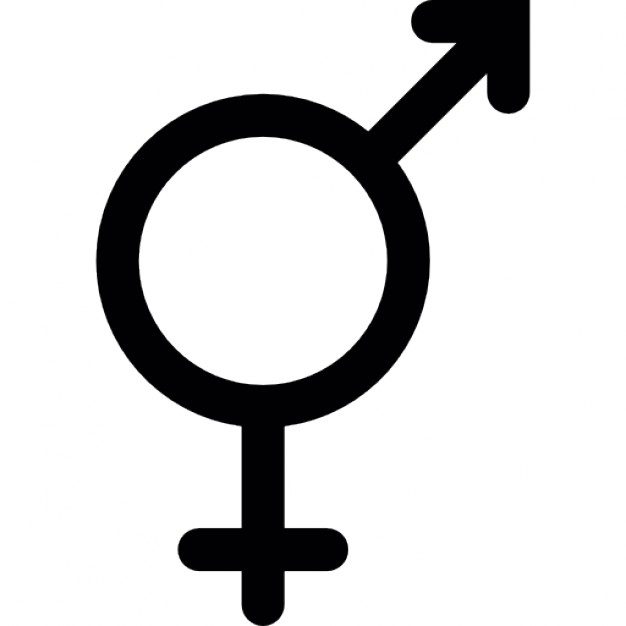The Council of Europe’s Group of States against Corruption (GRECO) has published the first report assessing Bulgaria’s compliance with its recommendations to prevent corruption and promote integrity in central government and law enforcement agencies, addressed to Bulgaria in 2022. GRECO concludes that Bulgaria has fully implemented seven of the total of 28 recommendations. Of the outstanding 21 recommendations, eleven have been partly implemented and ten have not been implemented. See also the Bulgarian translation.
With regard to top executive functions, significant legislative and policy reforms are underway but the final results are pending. Key developments include planned changes to the functioning of the National Anti-Corruption Council, and approval of a new procedure for electing the members of the Anti-Corruption Commission, yet to become operational. A Methodology for corruption risk analysis in the central government is in preparation, and a draft Code of Conduct for Persons Holding Public Office is also being developed. Rules on incompatibilities and vetting in respect of advisers of persons entrusted with top executive functions in central government have yet to be introduced. The information regarding members of political cabinets (e.g. names, functions, remuneration, as well as ancillary activities) is still not accessible to public. Improvements are needed in access to information in practice, and public consultations on Government legal acts. While gradual improvements are being made to the criminal justice response to corruption offences, further progress is needed. New legislation on lobbying is in early development. GRECO encourages the authorities to complete these reforms with no further delay.
As to the law enforcement agencies, the overall progress in the implementation of recommendations is more significant. Tangible steps have been taken to encourage representation of women in the Police, and the remuneration, especially at the entry and junior levels of the Ministry of the Interior employees has increased. Ethics commissions and advisers have been appointed to provide confidential counselling on integrity matters. Reporting of integrity-related misconduct is now mandatory. Clear rules have been adopted as regards receipt, accounting and transparency of donations and sponsorship in the Police. The Code of Ethics applicable to police functions has been amended to reflect, in greater detail, the integrity-related issues, and now bans receiving gifts, benefits or services, which may have an impact on the performance of official duties. The 2023 Law on Whistleblower Protection is a positive step, with authorities encouraged to provide regular training on breach reporting and whistleblower protection measures. A risk assessment methodology has been approved, laying the groundwork for a Concept for countering corruption in the Ministry of the Interior, yet to be developed. More prominent efforts are required, including strengthening the operational independence of the Police from the Ministry, ensuring senior appointments in the Ministry (Secretary General, Deputy Secretary General etc.) through open competitions, and addressing the practical risks of post-employment activities of former police officers. Finally, integrity checks for police employees should be put in place before recruitment and carried out at regular intervals during their career.
GRECO notes that further progress needs to be made within the next 18 months to achieve an adequate level of compliance with the recommendations. Bulgaria is to submit new information about the implementation of outstanding recommendations by 31 May 2026.







